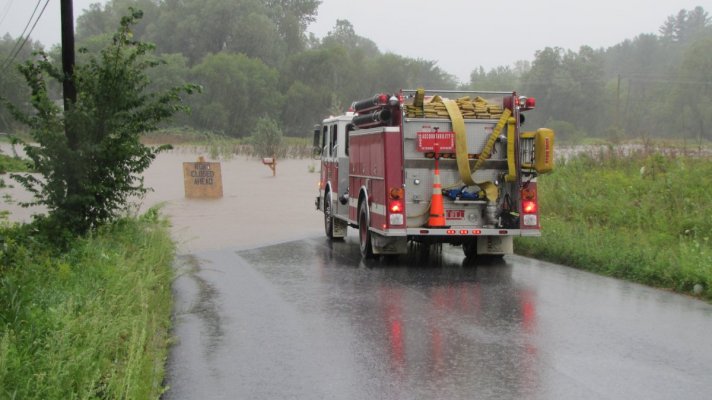Here is the story of how I prevented my reef tank from crashing during the TX winter storm a few weeks ago. It was truly a miracle that I managed to have such few losses considering what happened.
This storm was completely unprecedented and there was really no way we Texans could’ve anticipated that kind of weather, even more so that they turned off our electricity and water for over four days. I was lucky to have been more prepared for this kind of situation than most, but faced numerous setbacks that almost cost me my entire tank. I’ve heard of many other hobbyists that had generators and still faced complete tank losses. It was a heartbreaking situation on so many levels.
I think that we rarely discuss the necessity of emergency backup equipment and procedures until it’s already too late. It feels like it unfortunately takes being burned to prioritize the importance of having that equipment on hand. I personally think that including what emergency equipment we keep should be included on our build lists and discussed more when talking about “setting up a reef tank 101”— perhaps it could help others who never really had to think about these kind of scenarios because they might live in a location where it seems unlikely.
I’m using this event as an important learning lesson to become prepared for every “what-if” scenario in the future. Not just with equipment, but also with having a plan of action. This storm made me realize that even if you have a Plan A for an extended power outage, you need to also have a Plan B and Plan C and maybe even Plan D as well.
Would love to hear if anyone has any tips or experiences for tank survival during extended power outages from storms, hurricanes, floods, snow, and the like. What emergency equipment do ya’ll keep on hand and what steps do you go through? Texas is asking for a friend.
This storm was completely unprecedented and there was really no way we Texans could’ve anticipated that kind of weather, even more so that they turned off our electricity and water for over four days. I was lucky to have been more prepared for this kind of situation than most, but faced numerous setbacks that almost cost me my entire tank. I’ve heard of many other hobbyists that had generators and still faced complete tank losses. It was a heartbreaking situation on so many levels.
I think that we rarely discuss the necessity of emergency backup equipment and procedures until it’s already too late. It feels like it unfortunately takes being burned to prioritize the importance of having that equipment on hand. I personally think that including what emergency equipment we keep should be included on our build lists and discussed more when talking about “setting up a reef tank 101”— perhaps it could help others who never really had to think about these kind of scenarios because they might live in a location where it seems unlikely.
I’m using this event as an important learning lesson to become prepared for every “what-if” scenario in the future. Not just with equipment, but also with having a plan of action. This storm made me realize that even if you have a Plan A for an extended power outage, you need to also have a Plan B and Plan C and maybe even Plan D as well.
Would love to hear if anyone has any tips or experiences for tank survival during extended power outages from storms, hurricanes, floods, snow, and the like. What emergency equipment do ya’ll keep on hand and what steps do you go through? Texas is asking for a friend.






















